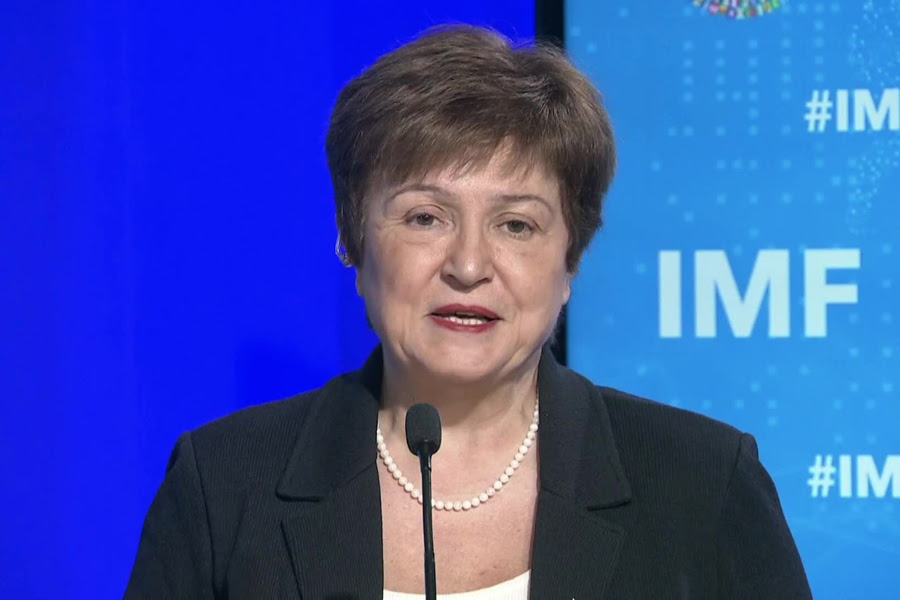IMF/ IMFC Press Conference

April 16 2020
IMFC calls on private creditors to join debt standstill
The IMFC, the IMF’s governing body, underscored the importance of the Fund in fighting the economic crisis caused by the Coronavirus pandemic. At a virtual press briefing during the Spring Meetings 2020, Lesetja Kganyago, Chair of the IMFC, emphasized that an aggressive response is absolutely necessary:
“We are convinced that an aggressive response coordinated through the IMF will lead to more positive economic and humanitarian results than would otherwise be possible. Beyond the serious human impact of the pandemic, we agreed today that the economic repercussions will be severe, particularly for emerging markets and developing countries.”
The IMF’s Managing Director, Kristalina Georgieva, urged world leaders to focuses on social policies that reduce inequality and protect the most vulnerable members of society.
“We simply cannot take social cohesion for granted. We got a lot of support from the membership to help countries’ efforts in calibrating their social policies to reduce inequality, protect vulnerable people, and promote access to opportunities for all. We are in this crisis together and I am so encouraged by the strength of unity that this meeting has demonstrated.”
Georgieva also called on the private sector to do its part in alleviating low-income countries from debt payments.
“With regard to private sector debt, unanimously the IMFC members joined this call for private creditors in the context of low-income countries debt standstill to join with the same reflection on terms. And of course, we are very mindful that in this crisis we do need everybody to chip in so we can prevent a risk of unnecessary insolvencies, either at the level of the private sector or when we talk about the capacity of governments to stay strong.”
Kganyago, IMFC Chair and Governor of the South African Reserve Bank, underlined how import the Fund has been for his country in the past.
“We have utilized IMF facilities before. One facility, which was the contingency financing facility: that was in our transition to democracy when we were faced with a drought and we needed to import grain, we were approved to the IMF for that facility.”
Read here the Communiqué of the IMFC in full: Communiqué of the Forty First Meeting of the IMFC
Join the Virtual Spring Meetings here




